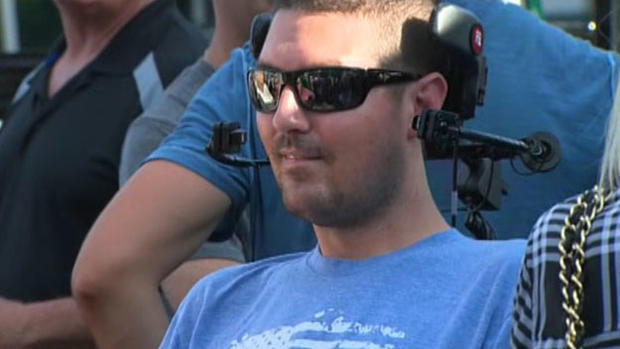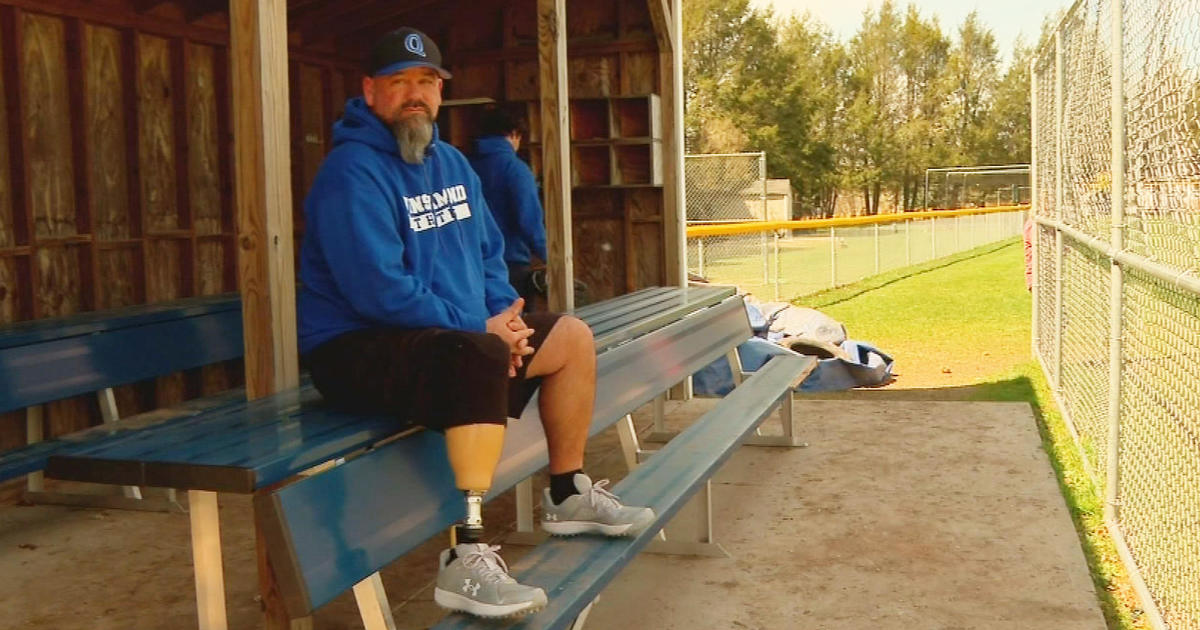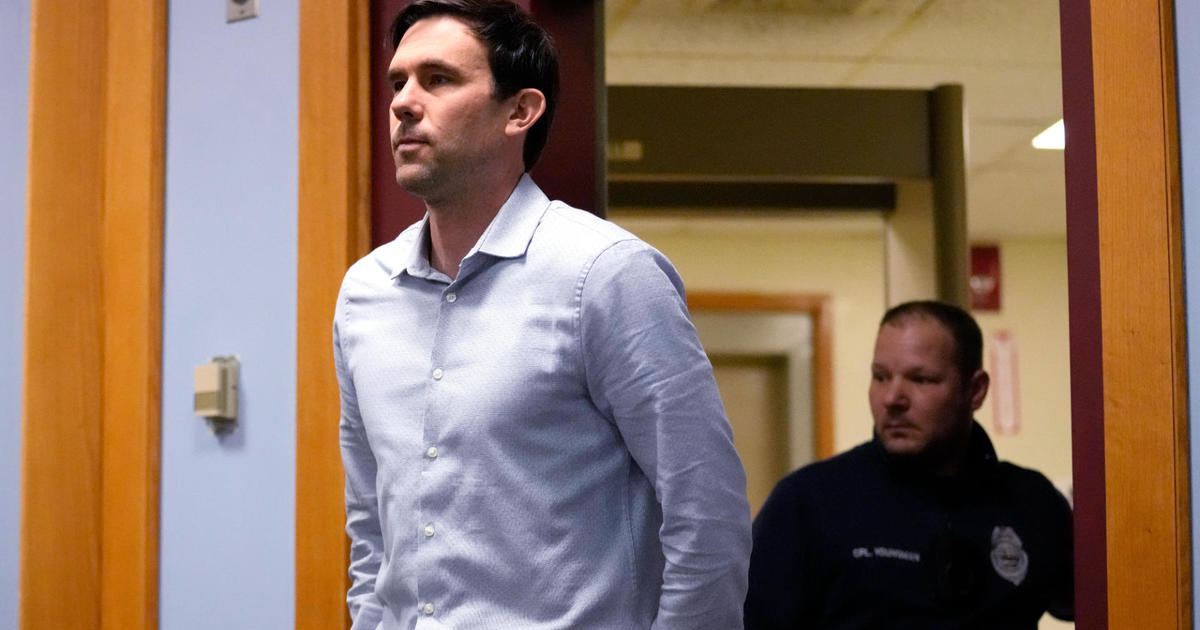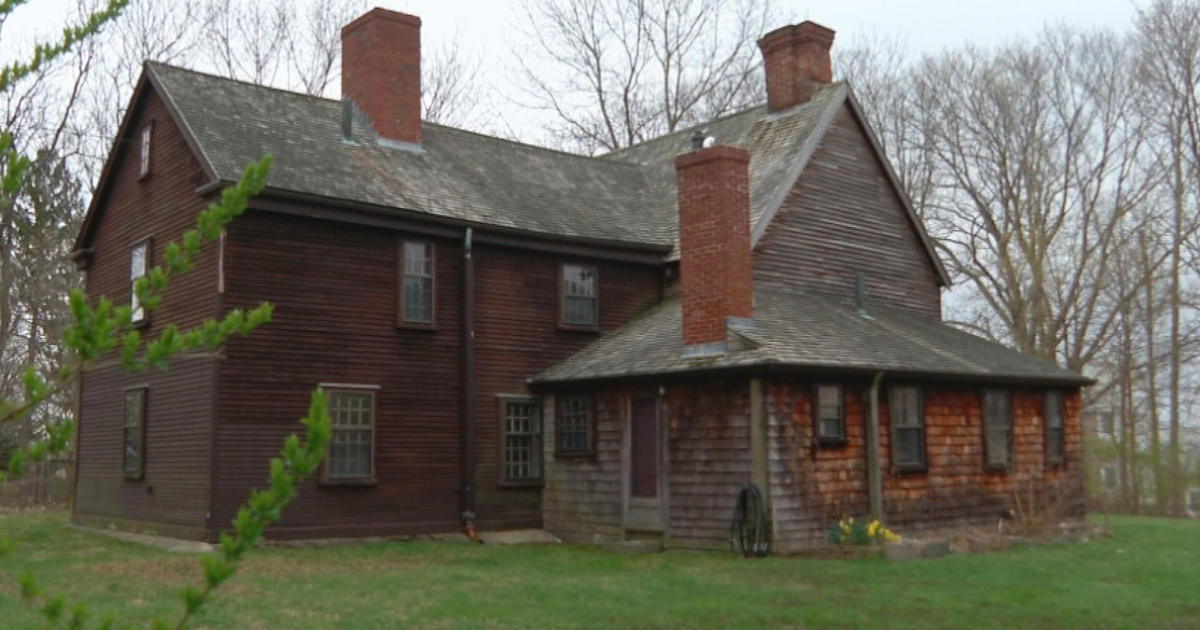Ice Bucket Challenge Donations Helped Fund New ALS Gene Discovery
WORCESTER (CBS) -- An international team of scientists funded by Ice Bucket Challenge donations--including a professor from UMass Medical School in Worcester--has isolated a gene variation present in many ALS patients.
Related: Frates Family 'Grateful' For Donations That Led To ALS Gene Discovery
It was two summers ago when the Ice Bucket Challenge first went viral, raising millions for ALS research as challengers across the country dared each other to dump buckets of ice water over their heads in honor of those affected by the disease.
Now, according to the ALS Association, researchers from Project MinE, which was funded by money raised by the Ice Bucket Challenge, have identified one of the most common genes, known as the NEK1 gene, that causes the neurodegenerative disease.
The study that lead to that discovery was headed by Dr. John Landers of University of UMass Medical School and Dr. Jan Veldink of the Netherlands' University Medical Center Utrecht.
"Global collaboration among scientists, which was really made possible by ALS Ice Bucket Challenge donations, led to this important discovery," Dr. Landers said in an ALS Association release.
The Ice Bucket Challenge gained traction on social media in the summer of 2014 due in large part to the efforts of former Boston College baseball player Pete Frates, who was diagnosed with ALS in 2012.
As celebrities and athletes participated and brought the Ice Bucket Challenge to viral status, over $100 million was raised for ALS research.
Dr. Landers credited that same spirit of collaboration for the new gene discovery, which included contributions from 80 researchers in 11 countries.
"It is a prime example of the success that can come from the combined efforts of so many people, all dedicated to finding the causes of ALS," Landers said in the ALS Association release. "This kind of collaborative study is, more and more, where the field is headed."
The ALS Association says the discovery of the NEK1 gene may lead to new treatments and therapies, and the organization is currently funding research by Dr. Landers and Dr. Catherine Lutz of Jackson Laboratories to better understand how the gene affects the process of the disease.





